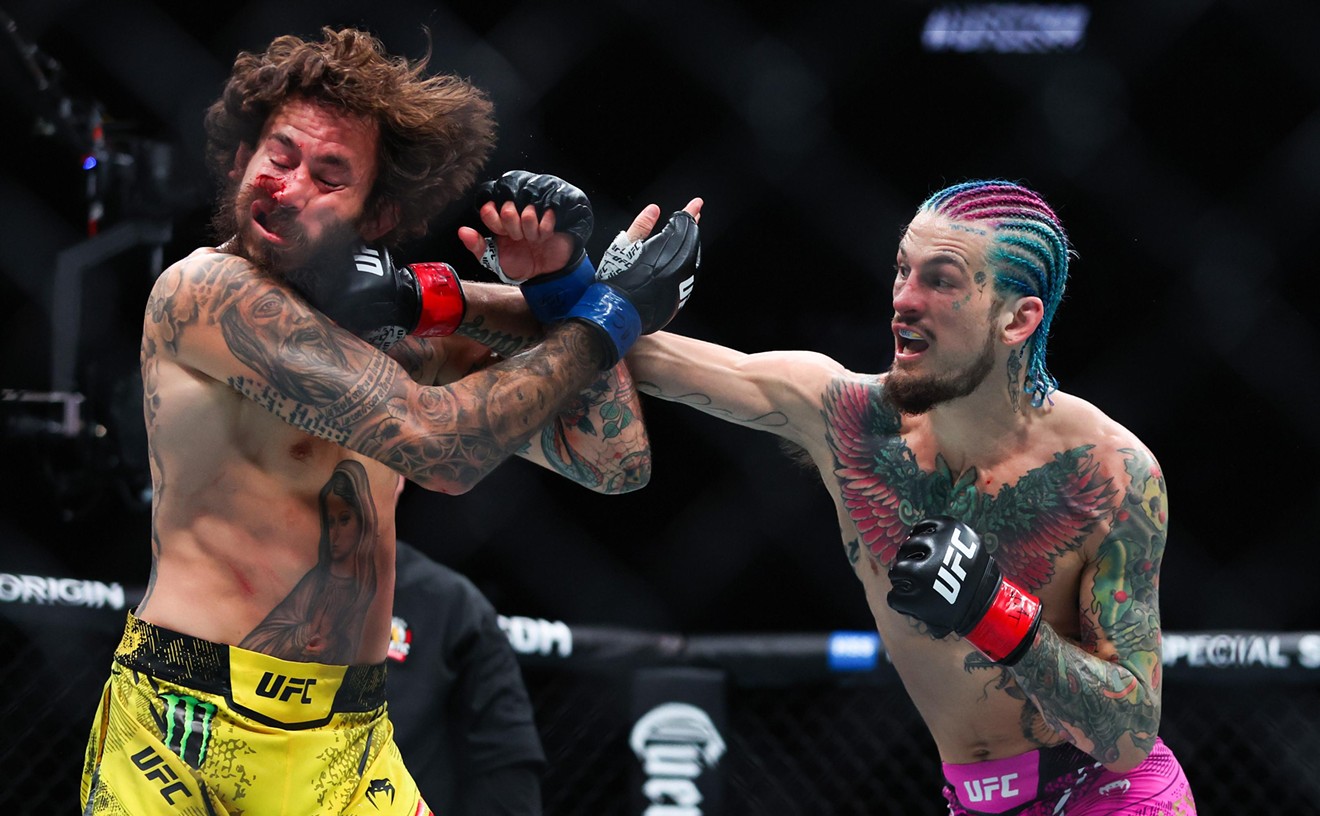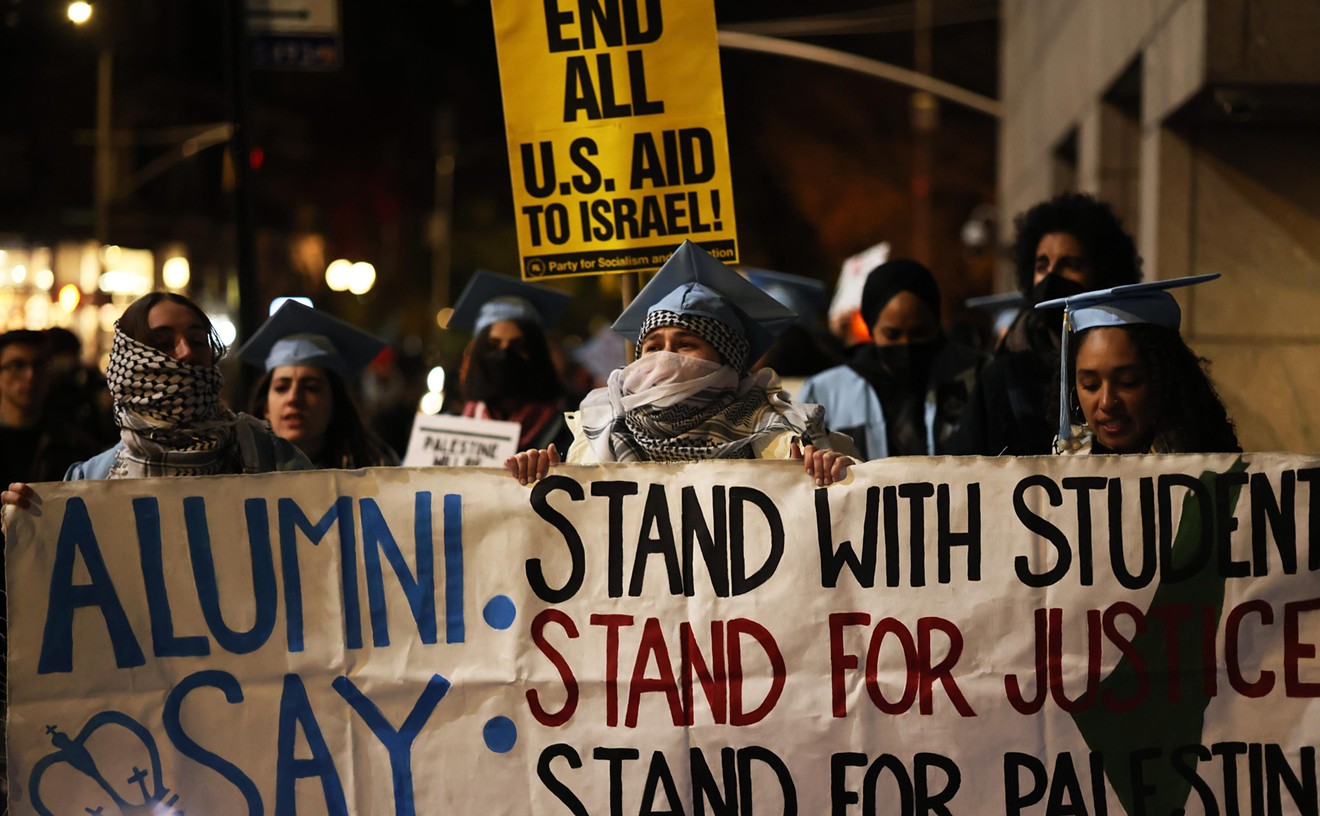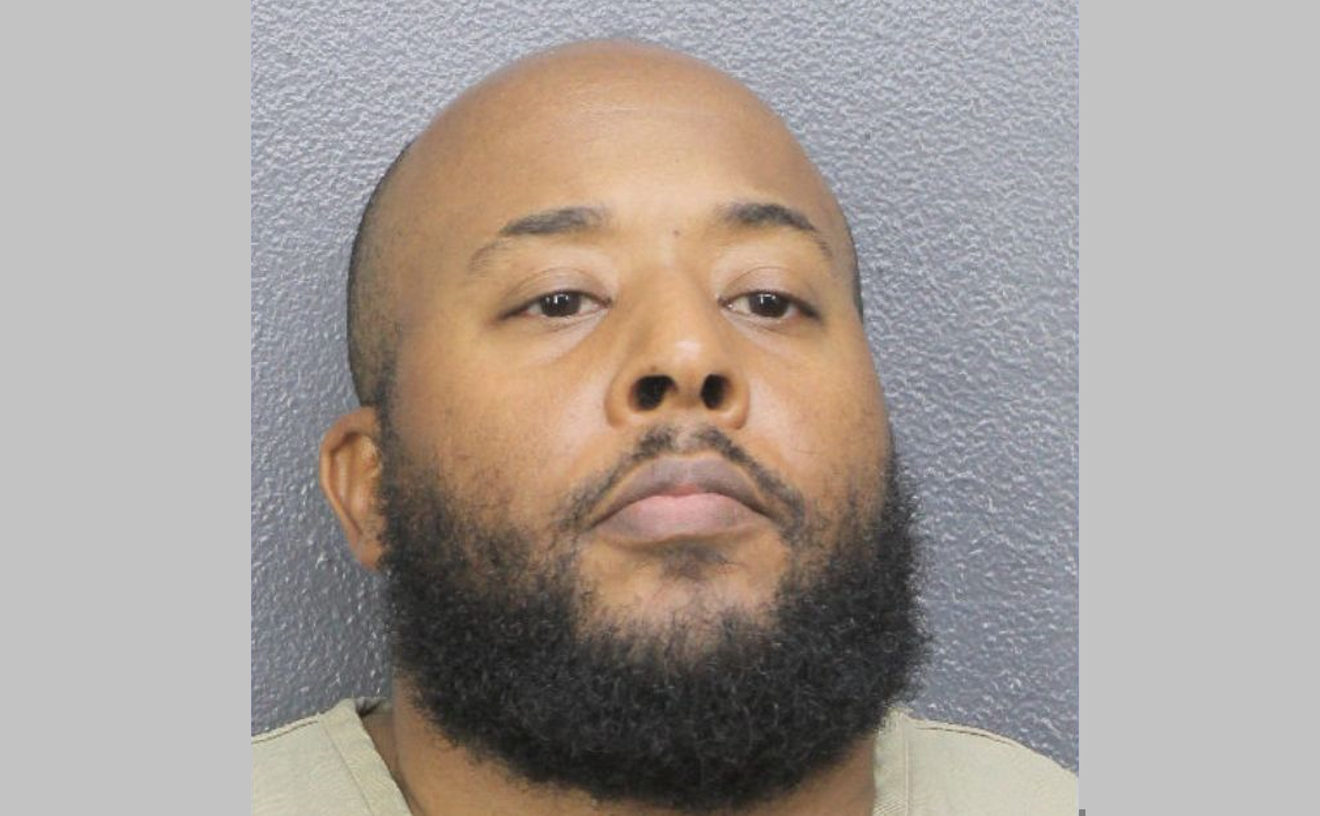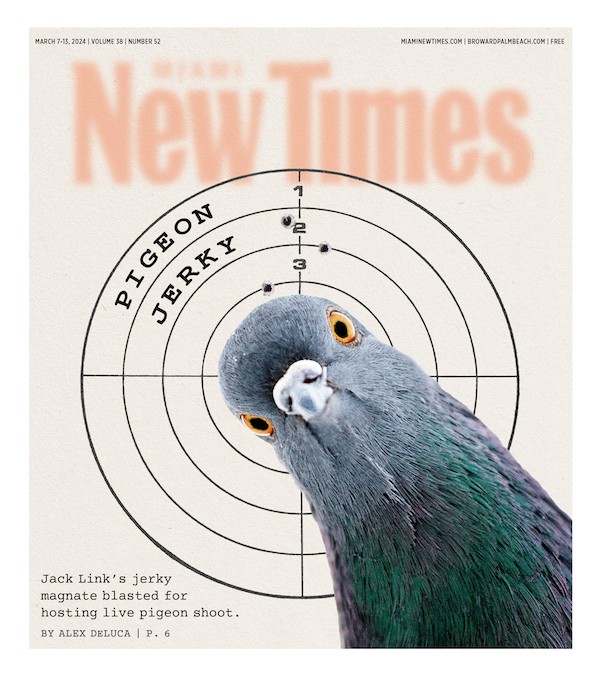Look around South Florida and you'll find no shortage of monuments to the late Jorge Mas Canosa: a middle school named after him in Country Walk, a youth center in Sweetwater, and soon, Jorge Mas Canosa Park in the City of Miami after a unanimous vote by the city commission on Thursday.
A pillar of the Cuban exile community and anti-Castro advisor to President Ronald Reagan, Mas Canosa helped shape much of the national policy on U.S.-Cuba relations. He became one of the wealthiest Cuban businessmen in the U.S. as head of Church & Tower, a predecessor company to infrastructure engineering-and-construction giant MasTec.
In the 1960s, Mas Canosa engaged in extensive militant activity to dismantle Fidel Castro's regime, plotting to bomb Cuban assets and working with terrorist and CIA informant Luis Posada Carriles to obtain explosives. Mas Canosa's history as a militant and his unapologetic stances on U.S. foreign policy later in life made him a polarizing persona inside and out of the Cuban exile community.
An Orlando Sentinel profile of him four years before his death described a man who carried a .357 Magnum in his briefcase and rode around in a bulletproof Mercedes Benz. Mas Canosa, a veteran of the failed Bay of Pigs invasion, told the Sentinel that during his days as an anti-Castro operative, he tried to rent a B26 bomber to attack the Castro regime, but that he was unable to find a country to sponsor the mission.
At the commission meeting, Mas Canosa's son, Jorge Mas, called his father a "larger than life figure."
"My father was a very proud Miamian. But he held Cuba in his heart, his mind and his soul 24 hours a day," he said.
The younger Jorge, chairman of MasTec, recently secured what some have characterized as a sweetheart deal with the City of Miami on a 99-year lease for a soccer stadium and mixed-use development on the land of the Melreese Golf Course. The 58-acre park now named after Mas Canosa sits next to the planned complex. The stadium is set to become the home of the Inter Miami professional soccer team.
Mas Canosa died of lung cancer in 1997 at the age of 58.
One of his crowning achievements in the eyes of his supporters was the founding of the Cuban American National Foundation (CANF), an influential group that from its outset, lobbied for and helped implement U.S. policies that put economic and political pressure on the Fidel Castro regime. Mas Canosa and CANF were instrumental in the establishment of Radio Marti, a stateside station set up in 1985 to broadcast political messages to the people of Cuba in defiance of Castro.
New Times previously reported on declassified CIA documents from 1965 and 1966 that outlined Mas Canosa’s interactions with the CIA informant Posada Carriles, who years later was arrested by Venezuelan authorities in connection with a 1976 bombing that killed 73 people on a Cubana de Aviación flight.
According to the documents, Mas Canosa, who was involved with the CIA-backed group Cuban Representation in Exile (RECE), paid Posada $5,000 for two ten pound bombs meant to be used against Cuban or Soviet vessels in the 1960s.
Mas Canosa’s rise to prominence as a telecom tycoon came after he took over the Iglesias y Torres utility construction company in 1971. The company, which came to be known by its English translation, Church & Tower, grew steadily as Mas Canosa oversaw the execution of high-price contracts to install telecom infrastructure in South Florida.
The company merged with the publicly traded Burnup & Sims in 1994, and the resulting entity became MasTec, which is run by Mas Canosa's sons Jorge as chairman and Jose as chief executive. MasTec's market capitalization on the New York Stock Exchange is more than $5.4 billion as of September 23.
Not one to shy away from conflict, Mas Canosa once led a vehement boycott of the Miami Herald while calling the paper communist. Outrage against the paper mounted, and some in Miami set newspaper boxes on fire, soaked them in urine, and smeared excrement on newspaper racks. This came after the Herald published an editorial opposing a stronger embargo against Cuba in 1992. Mas Canosa also compared the Herald to the Communist Party newspaper in Cuba, Granma.
Mas Canosa's militant past and political head-butting seem to have done little to sully his legacy among the city commission. Miami's Cuban leaders still speak highly of the man and the work he did to combat the communist Castro regime.
"I supported everything he did. He took the fight for Cuban freedom beyond the City of Miami. He brought it to the world," said Miami City Commissioner Manolo Reyes from the dais on Thursday, before voting to name the city park after Mas Canosa.
Mas Canosa's son Jorge said at the meeting, "That was the legacy of Jorge Mas Canosa: fighting for what he wanted to do."
Back in 1999, an 8-foot tall statue of Mas Canosa was placed in a Miami Beach park.
The Miami Beach Hispanic Chamber of Commerce had recommended putting it on Collins Avenue near statues of Simon Bolivar and Jose Marti, the Sun Sentinel reported. But the Miami Beach commission balked, fearing the statue would draw gatherings from Cuban exiles that could "cause traffic jams and other disruptions," the paper reported.
Government
Miami Names Park After Cuban Militant Turned Business Magnate
The Miami City Commission has unanimously approved naming a 58-acre park after Jorge Mas Canosa, a Cuban businessman and longtime anti-Castro militant.
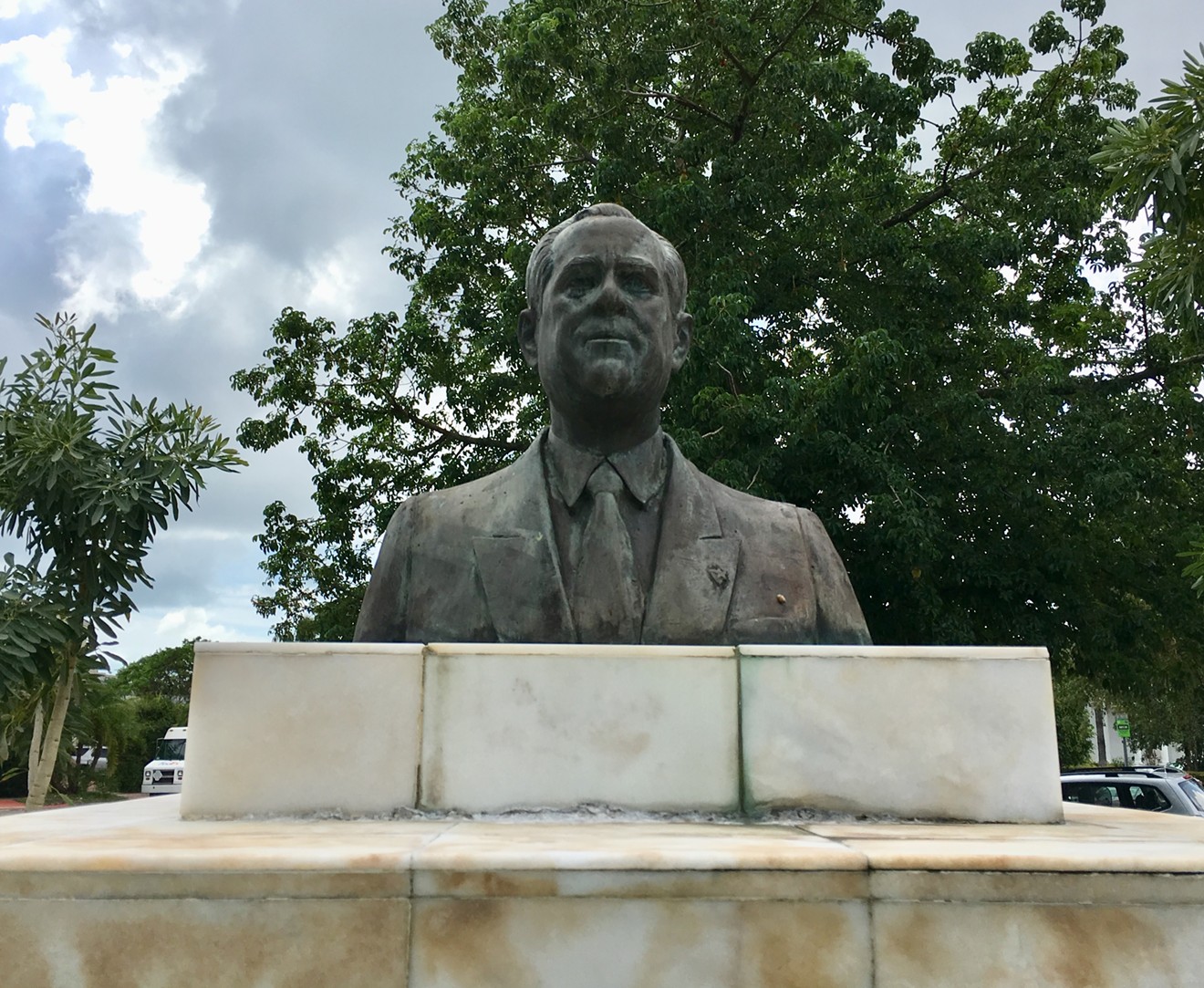
Bust of Jorge Mas Canosa in Miami Beach.
Photo by MosheA
[
{
"name": "Editor Picks",
"component": "17482312",
"insertPoint": "4",
"requiredCountToDisplay": "1"
},{
"name": "Inline Links",
"component": "18711090",
"insertPoint": "8th",
"startingPoint": 8,
"requiredCountToDisplay": "7",
"maxInsertions": 25
},{
"name": "Air - MediumRectangle - Combo - Inline Content",
"component": "17482310",
"insertPoint": "8th",
"startingPoint": 8,
"requiredCountToDisplay": "7",
"maxInsertions": 25
},{
"name": "Inline Links",
"component": "18711090",
"insertPoint": "8th",
"startingPoint": 12,
"requiredCountToDisplay": "11",
"maxInsertions": 25
},{
"name": "Air - Leaderboard Tower - Combo - Inline Content",
"component": "17482313",
"insertPoint": "8th",
"startingPoint": 12,
"requiredCountToDisplay": "11",
"maxInsertions": 25
}
]





